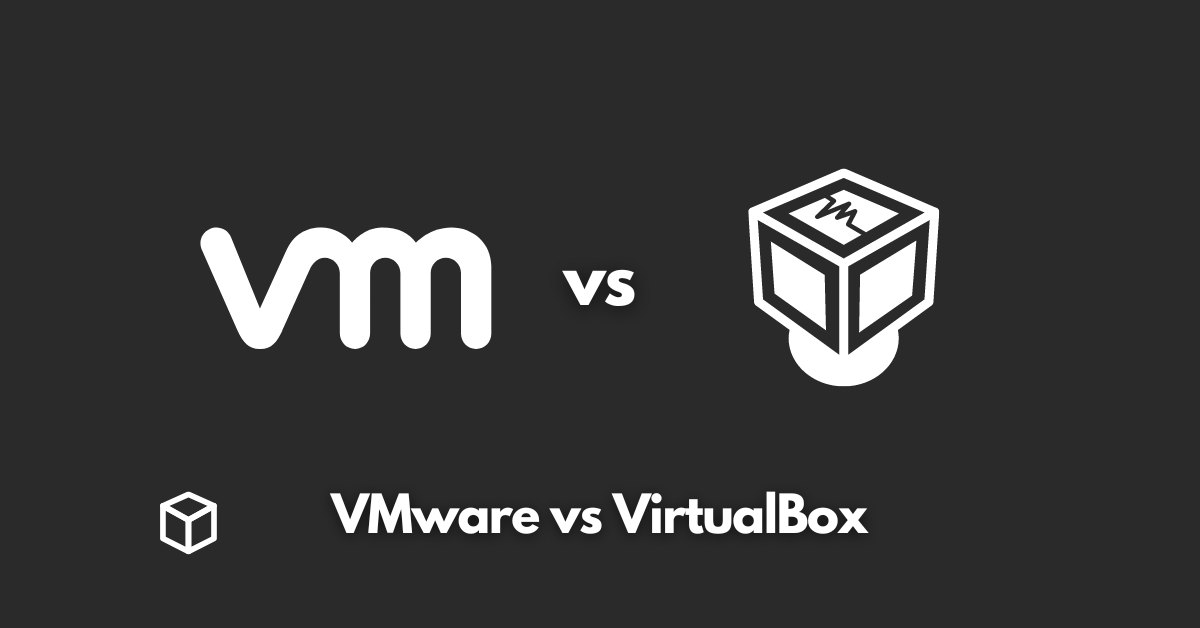Virtualization has become an integral part of modern computing, allowing users to run multiple operating systems and applications on a single physical machine.
This makes it an essential technology for developers, businesses, and IT professionals alike. Two of the most popular virtualization platforms are VMware and VirtualBox.
In this article, we will take a detailed look at both of these platforms, comparing their features, and discussing their pros and cons to help you decide which one is best for your needs.
Overview of VMware
VMware has been one of the leading providers of virtualization solutions for more than 20 years.
The company offers a range of products, including VMware Workstation, VMware Fusion, and VMware vSphere, each designed for different use cases.
VMware Workstation is a popular choice among developers, allowing them to run multiple operating systems on a single machine.
VMware Fusion is designed for Mac users, while VMware vSphere is a powerful enterprise-level platform that is used to build and manage virtualized data centers.
One of the key features of VMware is its support for multiple operating systems. This means that users can run Windows, Linux, and macOS on the same physical machine.
VMware is also known for its high performance and robust security, making it a popular choice for businesses and IT professionals.
Overview of VirtualBox
VirtualBox is another popular virtualization platform that was first released in 2007. The platform is open-source and offers two main products: VirtualBox OSE and Oracle VM VirtualBox.
VirtualBox OSE is the open-source edition of the software, while Oracle VM VirtualBox is the commercial version.
One of the main features of VirtualBox is its ease of setup and configuration. The platform is designed to be user-friendly and is a great choice for users who are new to virtualization.
VirtualBox also supports a wide range of guest operating systems, including Windows, Linux, and macOS.
Comparison of VMware and VirtualBox
When comparing VMware and VirtualBox, it is important to consider the different products offered by each company and the key features of each platform.
VMware offers a range of products, each designed for different use cases.
The company’s flagship product, VMware vSphere, is a powerful enterprise-level platform that is used to build and manage virtualized data centers.
VMware Workstation and VMware Fusion are both popular choices among developers.
VirtualBox, on the other hand, is an open-source platform that is designed to be user-friendly. The platform is a great choice for users who are new to virtualization and supports a wide range of guest operating systems.
When it comes to features, VMware is known for its support for multiple operating systems and high performance. VirtualBox, on the other hand, is known for its ease of setup and configuration.
In terms of pros and cons, VMware is a more robust and powerful platform that is better suited for businesses and IT professionals.
VirtualBox is a more lightweight and user-friendly platform that is better suited for developers and home users.
Conclusion
In conclusion, both VMware and VirtualBox are powerful virtualization platforms that are widely used by developers, businesses, and IT professionals.
The choice between the two will depend on your specific needs and use cases.
If you are looking for a robust and powerful platform that is better suited for businesses and IT professionals, VMware is the way to go.
If you are looking for a lightweight and user-friendly platform that is better suited for developers and home users, VirtualBox is the better choice.
Ultimately, the choice will depend on your specific needs and use cases. It is always good to try both and decide which one works best for you.




